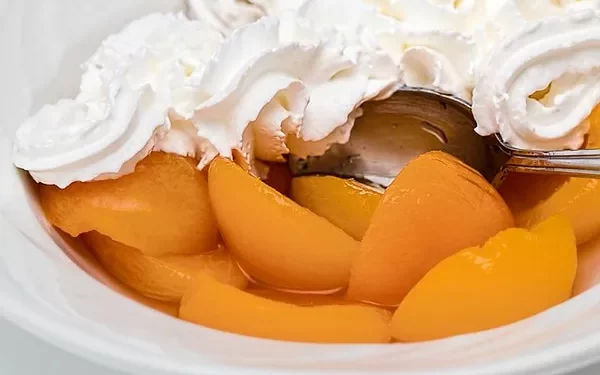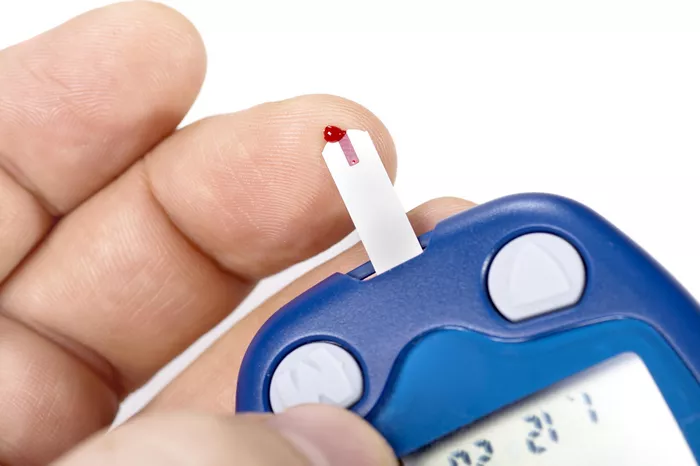Managing diabetes involves careful attention to diet, particularly when it comes to fruits and vegetables. While many fruits and vegetables can be beneficial, some can cause spikes in blood sugar levels and may not be suitable for diabetics. This article explores which fruits and vegetables should be avoided or consumed in moderation, the reasons behind these recommendations, and some healthier alternatives.
Understanding Diabetes and Blood Sugar Control
Diabetes is a chronic condition characterized by high blood sugar levels. This can occur due to the body’s inability to produce sufficient insulin or to use insulin effectively. For individuals with diabetes, managing blood sugar is crucial to prevent complications such as heart disease, nerve damage, and kidney problems.
The Role of Diet in Diabetes Management
Diet plays a critical role in blood sugar control. Foods that have a high glycemic index (GI) can cause rapid increases in blood sugar. The glycemic index is a measure of how quickly a food raises blood sugar levels. Foods with a high GI are absorbed quickly and can lead to spikes in glucose levels, while foods with a low GI are absorbed more slowly and lead to gradual increases in blood sugar.
Fruits to Avoid or Limit
Fruits are a vital part of a healthy diet, providing essential vitamins, minerals, and fiber. However, some fruits contain high levels of sugar and carbohydrates, which can be problematic for diabetics. Here are some fruits to avoid or consume in moderation:
1. Bananas
Bananas are popular for their convenience and health benefits. However, they are relatively high in carbohydrates and sugar compared to other fruits. A medium banana contains about 27 grams of carbohydrates, making it a less suitable choice for those monitoring their carb intake.
2. Grapes
Grapes are another fruit to be cautious with. They have a high sugar content and can lead to rapid spikes in blood sugar. A cup of grapes contains approximately 27 grams of carbohydrates. While they are rich in antioxidants, it’s essential to consume them in moderation.
3. Mangoes
Mangoes are delicious and nutritious but are also high in sugar. A medium-sized mango can contain around 45 grams of carbohydrates. Their sweetness can tempt diabetics, but it’s better to limit their intake and choose lower-sugar options.
4. Cherries
While cherries have some health benefits, they are high in sugar. A cup of sweet cherries contains about 25 grams of carbohydrates. Diabetics should be cautious and limit their portion sizes.
5. Figs
Figs are sweet and flavorful but also contain significant amounts of sugar. One medium fig contains about 8 grams of sugar. Dried figs are even higher in sugar content and should be avoided altogether.
6. Pineapple
Pineapple is rich in vitamins and enzymes but has a high glycemic index. A cup of pineapple contains around 22 grams of carbohydrates. The sugar content can lead to increased blood glucose levels, so moderation is key.
7. Pomegranate
Pomegranate is often touted for its health benefits, but it also contains a high amount of sugar. One pomegranate can have around 39 grams of carbohydrates. It’s better to consume pomegranate juice in small amounts or avoid it altogether.
8. Dried Fruits
Dried fruits, such as raisins, apricots, and dates, can be particularly problematic for diabetics. The drying process concentrates the sugars, making dried fruits much higher in sugar than their fresh counterparts. For example, a small box of raisins contains about 34 grams of carbohydrates.
9. Watermelon
While watermelon is hydrating and refreshing, it has a high glycemic index. A cup of diced watermelon contains about 11 grams of carbohydrates. It’s best consumed in small portions.
Vegetables to Avoid or Limit
While most vegetables are healthy and beneficial for diabetics, some starchy vegetables can cause spikes in blood sugar. Here are some vegetables to be cautious with:
1. Potatoes
Potatoes are a staple food for many but are high in carbohydrates. A medium baked potato contains about 37 grams of carbohydrates. They can raise blood sugar levels quickly, making them less suitable for diabetics.
2. Corn
Corn is often considered a vegetable but is technically a grain. It contains about 27 grams of carbohydrates per cup. Corn can spike blood sugar, so it’s best consumed in moderation.
3. Peas
Peas are nutrient-rich but also contain carbohydrates. A cup of green peas has about 21 grams of carbohydrates. While they are better than starchy vegetables, portion control is still essential.
4. Butternut Squash
Butternut squash is nutritious but has a high carbohydrate content. One cup of cooked butternut squash contains around 22 grams of carbohydrates. Moderation is key when incorporating it into a diabetic diet.
5. Carrots
Carrots are often thought to be a healthy choice, but they are relatively high in sugar compared to other vegetables. A cup of raw carrots contains about 12 grams of carbohydrates. While they can be consumed in moderation, it’s important to be aware of portion sizes.
6. Sweet Potatoes
Sweet potatoes are considered a healthier alternative to regular potatoes, but they are still high in carbohydrates. A medium sweet potato contains around 26 grams of carbohydrates. While they offer more nutrients, they should be eaten in moderation.
7. Beets
Beets are nutritious and high in antioxidants, but they also have a high sugar content. One cup of cooked beets contains about 13 grams of carbohydrates. It’s advisable to consume them sparingly.
The Importance of Portion Control
For diabetics, portion control is crucial. Even fruits and vegetables that are generally considered healthy can affect blood sugar levels if consumed in large quantities. Understanding serving sizes and how they impact blood sugar can help individuals make informed choices.
How to Manage Portions
Use Measuring Tools: Use measuring cups or a food scale to gauge portion sizes accurately.
Read Nutrition Labels: Nutrition labels provide valuable information about serving sizes and carbohydrate content.
Keep a Food Diary: Tracking what you eat can help you understand how different foods affect your blood sugar levels.
Healthier Alternatives for Diabetics
While certain fruits and vegetables should be avoided or limited, there are many healthy options for diabetics. Here are some alternatives to consider:
Fruits to Enjoy
Berries: Blueberries, strawberries, and raspberries are lower in sugar and high in antioxidants.
Apples: Apples are fiber-rich and can be enjoyed in moderation. They contain about 25 grams of carbohydrates in a medium apple.
Pears: Pears are another excellent choice. A medium pear has around 28 grams of carbohydrates and offers fiber and vitamins.
Avocado: Technically a fruit, avocados are low in carbohydrates and high in healthy fats, making them an excellent choice for diabetics.
Vegetables to Enjoy
Leafy Greens: Spinach, kale, and Swiss chard are low in carbohydrates and high in nutrients.
Cruciferous Vegetables: Broccoli, cauliflower, and Brussels sprouts are nutritious options that have a minimal impact on blood sugar.
Bell Peppers: Bell peppers are low in calories and carbohydrates and are rich in vitamins A and C.
Zucchini: Zucchini is low in carbohydrates and can be used in various dishes.
Conclusion
Managing diabetes involves careful dietary choices, particularly regarding fruits and vegetables. While many fruits and vegetables are beneficial, some can significantly impact blood sugar levels. It’s essential to avoid or limit high-sugar fruits such as bananas, grapes, and mangoes, as well as starchy vegetables like potatoes and corn.
By focusing on portion control and choosing lower-sugar options, diabetics can maintain better blood sugar control. Incorporating a variety of fruits and vegetables into the diet is vital, but understanding which to avoid is equally important.
Always consult with a healthcare professional or a registered dietitian before making significant changes to your diet. They can provide personalized advice and guidance to help manage diabetes effectively.
Related topics:
What Breakfast Cereal Can Diabetics Eat?



























